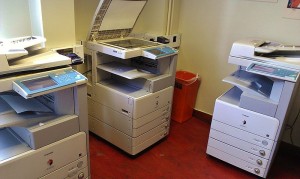Winning & Losing in the Courtroom: It’s Not the Same X + Y + Z You Did in the Last Trial
WINNING & LOSING IN THE COURTROOM
IT’S NOT DOING THE SAME X + Y + Z YOU DID IN THE LAST TRIAL
FIGURING OUT WHY YOU WON OR LOST
IS WHAT WILL MAKE YOU A “GO TO” LAWYER
For trial lawyers who really try cases it’s not just how many cases you’ve tried, won, or lost. It’s not how high your IQ is or how smart or intelligent you are. It’s how much understanding you have of why you “won” or “lost” and of how you tried the case and why the jury found the way it did.
I started my trial career a long time ago in a galaxy far far away. It was a time when young lawyers could and did go to trial virtually every week and sometimes twice a week. The firm I was with at that time had as clients the municipal bus company (on a retainer so the more cases they tried the better from the client’s standpoint), three taxi cab companies and a slew of carriers with lots of subrogation work.
The firm had two “rules” relative to trials: first, win, lose or draw you shook hands with the opposing counsel after the verdict (and if you won you did not strut, crow or rub it in). Second, you called all the jurors afterwards or talked to them in the courtroom and found out what they thought about the case, you, and your presentation: again win, lose or draw. That could be exhilarating, humbling or instructive. It made some heads swell out of proportion to what they did versus what the facts did or what the investigators had done. It was instructive, but it also had the potential to be misleading.
What was never made really clear to me was that you may have won or lost not because of single thing you did or didn’t do, but rather because of the facts you were dealt or because of what the investigator did in working up the case, or some other wild card, the makeup of the jury for instance. So if you won and you did x, y, & z, and your level of understanding was that win = x + y + z, you could be sadly mistaken not only for the next trial, but more importantly, you would not have “grown” as a trial lawyer.


